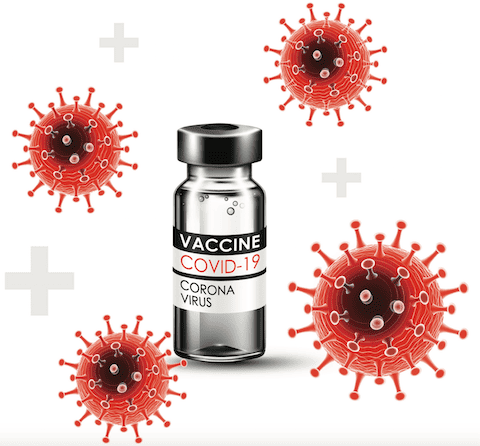
Since the start of the pandemic, we’ve had a lot of numbers thrown at us but the latest is B.1.1.529, the designation of a new super-mutant variant of SARS-CoV-2 that has been detected in Southern Africa.
Case numbers of the mutant are currently low – a handful of cases in Botswana and South Africa and a single passenger arriving from the region in Hong Kong so far – but concerns are running high among public health experts.
B.1.1.529, which is expected to receive a Greek letter designation by the World Health Organization soon, not only has a long list of mutations but many of them are different from those seen in other variants.
Professor Tulio de Oliveira, director of the Centre for Epidemic Response and Innovation in South Africa, said the “unusual constellation of mutations” represented a “big jump” for the virus with “many more mutations that we expected”.
The 50 mutations include more than 30 affecting the all-important spike protein, the target of most vaccines. Even more worrying, B.1.1.529 has 10 mutations on the receptor binding domain, compared to just two for the dominant Delta variant.
Professor Ravi Gupta from the University of Cambridge in the UK has suggested the “signatures of cumulative mutation” appear to show that B.1.1.529 emerged in a chronic infection and that many of the mutations “have been shown to impact binding by neutralising antibodies”.
Professor Francois Balloux, director of University College London’s Genetics Institute, added that the variant could have emerged in an untreated HIV/AIDS patient. The prevalence of HIV in South Africa is the highest in the world, affecting 13.1% of the population and accounting for a quarter of all deaths.
“I would definitely expect it to be poorly recognised by neutralising antibodies relative to Alpha or Delta. It is difficult to predict how transmissible it may be at this stage,” said Professor Balloux.
While public health experts are urging caution and greater monitoring, there is no certainty that B.1.1.529 represents a major threat. Other variants of concern have arisen but not become established, most notably B.1.628 which caused concern earlier this year as it was the first evidence of a recombinant form of SARS-CoV2, generated when two strains combine in a co-infected person.




